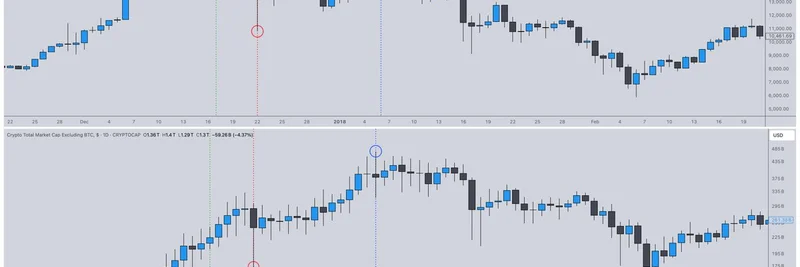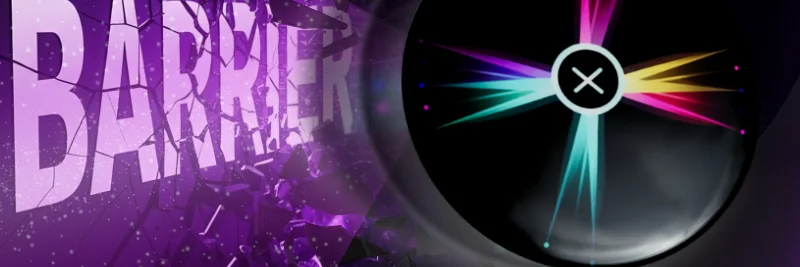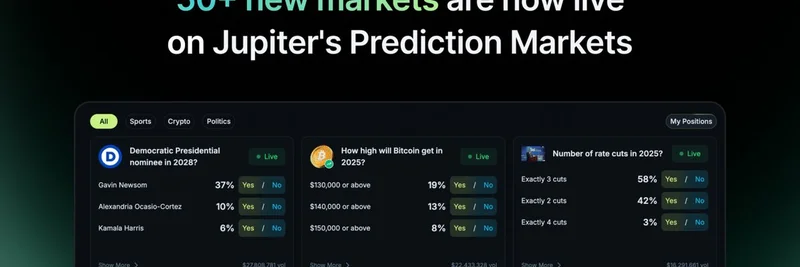The crypto world is buzzing after a recent tweet from @DegenerateNews highlighted a major development from the US Securities and Exchange Commission (SEC). In a cheeky post, SEC Chairman Atkins reminded everyone that the agency isn't the "Securities and Everything Commission." This came alongside a no-action letter issued to DoubleZero for its 2Z token. Let's break this down in simple terms and see what it could mean for meme tokens and the broader blockchain space.
Understanding the No-Action Letter
First off, what's a no-action letter? It's basically the SEC's way of saying, "Based on what you've told us, we won't recommend enforcement action if you go ahead with your plan." It's not a full green light or a legal ruling, but it's a strong signal that the SEC staff isn't viewing your activity as a violation of securities laws. In this case, the letter was sent from the SEC's Division of Corporation Finance to DoubleZero on September 29, 2025, in response to their inquiry dated September 25.
The key points from the letter:
- The SEC won't push for enforcement if DoubleZero conducts "Programmatic Transfers" (think automated token distributions or rewards) as described.
- These transfers don't need to be registered under Section 5 of the Securities Act.
- The 2Z token itself isn't considered a class of equity securities that needs registration under Section 12(g) of the Exchange Act.
In plain English, this means DoubleZero can distribute 2Z tokens in certain ways without treating them like traditional stocks or securities offerings. You can read the full letter on the SEC's website.
Who Is DoubleZero and What’s the 2Z Token?
DoubleZero isn't your typical meme token project—it's more on the infrastructure side. They're building a decentralized global fiber network designed to boost performance for distributed systems, like blockchains. The goal? Increase bandwidth and reduce latency, making things faster and more efficient for high-stakes applications.
The 2Z token is at the heart of this ecosystem. It's an SPL token on the Solana blockchain with a total supply of 10 billion. Here's how it works:
- Payments: Users pay in 2Z to access bandwidth on the network.
- Incentives: Contributors (like validators or node operators) earn 2Z rewards for providing services.
- Security: The token helps align incentives to keep the network running smoothly.
Unlike many meme tokens that thrive on hype and community vibes, 2Z has a clear utility focus. But the SEC's nod here is big because it addresses token rewards—something that's common in crypto, including meme coin ecosystems where airdrops and staking rewards are everyday occurrences.
The Chairman’s PSA: A Shift in Tone?
Chairman Atkins' public service announcement (PSA) on X was a humorous jab: "We are not the Securities and Everything Commission." It seems like a response to criticisms that the SEC has been overreaching in crypto regulations. This ties directly to the DoubleZero letter, signaling that not every token or distribution falls under their purview.
For context, the SEC has historically cracked down on projects treating tokens as unregistered securities (remember the Howey Test?). But this letter suggests a more nuanced approach, especially for tokens with genuine utility rather than just investment promises.
Implications for Meme Tokens and Blockchain Practitioners
So, why should meme token enthusiasts care? Meme coins often operate in a gray area—launched quickly, driven by virality, and sometimes distributing tokens through airdrops or liquidity mining. If structured similarly to DoubleZero's model, projects might argue their rewards aren't securities sales.
Key takeaways:
- Precedent for Utility Tokens: This could encourage more infrastructure projects to seek clarity, paving the way for innovation without constant fear of SEC scrutiny.
- Bullish for Degens: In the "degen" world (short for degenerate, referring to high-risk crypto trading), this might mean easier launches and distributions. Imagine meme tokens rewarding community members without registration hassles.
- Regulatory Clarity: It's a step toward better guidelines, which could boost investor confidence and attract more capital to blockchain.
- Not a Free Pass: The letter is fact-specific. Different setups might still trigger SEC action, so projects should consult legal experts.
This development comes at a time when the crypto market is evolving rapidly. For blockchain practitioners, it's a reminder to focus on real utility while navigating regs. Tools like no-action letters can help clarify paths forward.
Wrapping Up
The SEC's move with DoubleZero is a win for crypto clarity, and @DegenerateNews spotlighting it shows how quickly news spreads in this space. Whether you're building meme tokens or diving into infrastructure, staying informed on these shifts is key to thriving. Keep an eye on how this precedent plays out—it might just reshape how we think about token distributions. If you're deep in the meme game, this could be the signal to level up your project's structure.




